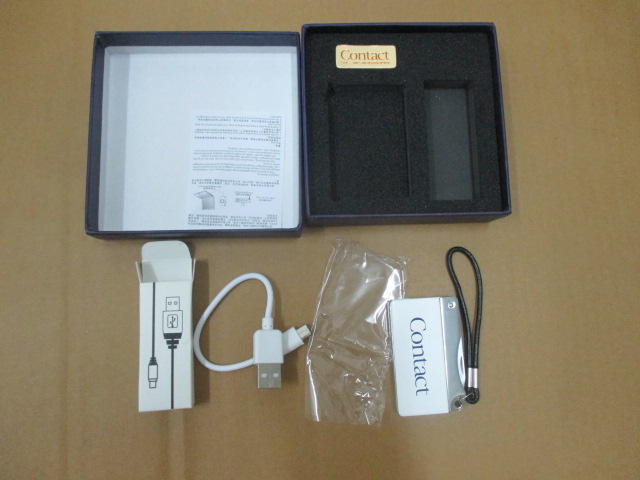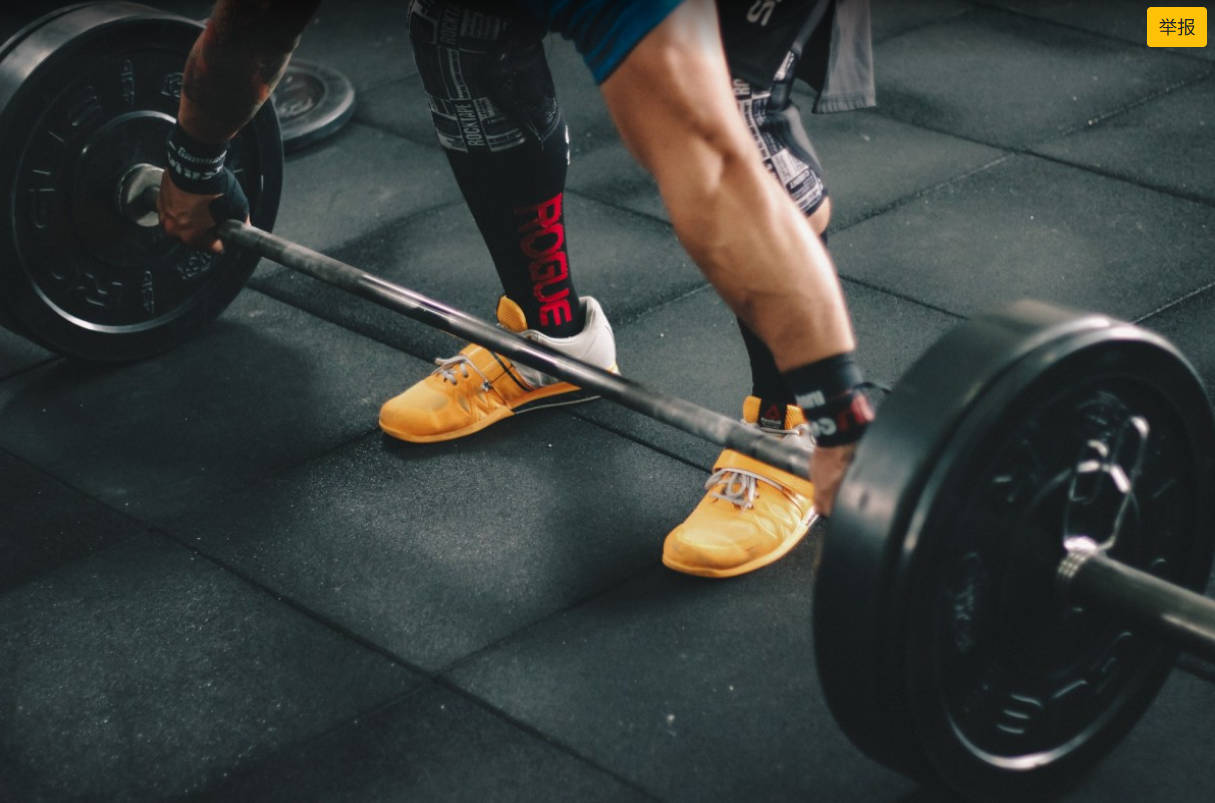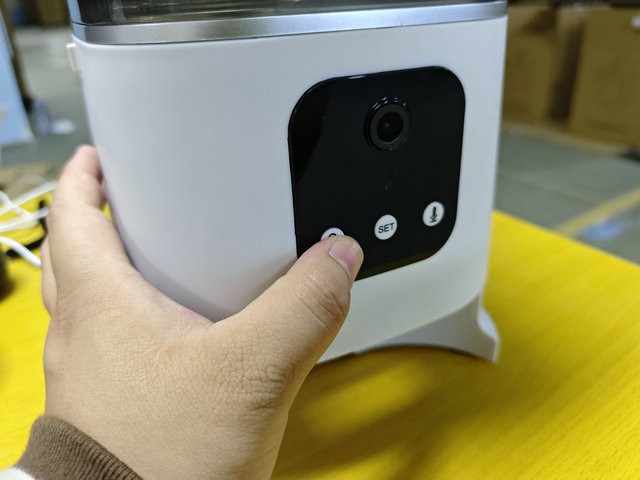NBNQC, based in China, offers pre-shipment inspection services for various export products. Our goal is to ensure that products with significant defects are identified before they are shipped. In this article, we will explore the five major pitfalls that can occur during the pre-shipment inspection process. By understanding and avoiding these pitfalls, both clients and quality control (QC) personnel can minimize errors and maximize the effectiveness of the inspection process.

Contents
1.Insufficient Sampling Size:
One common mistake in pre-shipment inspections is using an inadequate sample size. To ensure accurate results, it is crucial to select a representative sample from the entire production batch. Inspecting too few units can lead to a false sense of security, as defects may go unnoticed. Conversely, inspecting too many units may be time-consuming and impractical. Strike a balance by using statistical sampling methods to determine the appropriate sample size based on the production volume.
2.Lack of Clear Inspection Criteria:
Without well-defined inspection criteria, inconsistencies may arise during the inspection process. It is essential to establish clear and specific guidelines that outline the acceptable quality standards for each product. These criteria should cover aspects such as dimensions, functionality, appearance, labeling, packaging, and any other relevant parameters. By providing explicit instructions, both inspectors and clients can align their expectations and ensure consistent evaluations.
3.Inadequate Communication:
Effective communication between clients and inspection agencies is crucial for successful pre-shipment inspections. Misunderstandings regarding inspection requirements, schedules, and reporting formats can lead to delays and inaccuracies. Establishing a clear line of communication and maintaining regular contact throughout the inspection process helps to address any concerns or issues promptly. Utilizing digital platforms for sharing documents and updates can further streamline communication and enhance efficiency.
4.Overlooking Product Regulations and Standards:
International trade often involves compliance with various product regulations and standards. Ignoring these requirements can result in shipment rejections, penalties, or even legal consequences. Prior to conducting pre-shipment inspections, it is vital to thoroughly understand the relevant regulations and standards applicable to the specific product and destination country. Ensure that inspectors are well-versed in these requirements to accurately assess product compliance.
5.Neglecting Documentation and Reporting:
Accurate documentation and reporting are integral to the pre-shipment inspection process. Neglecting these aspects can lead to confusion, disputes, or even loss of credibility. Inspectors should diligently record inspection results, including any defects or non-compliance issues discovered. Detailed photographs, videos, and relevant measurements should accompany the report whenever necessary. Timely delivery of comprehensive reports to clients enables them to make informed decisions regarding the acceptance or rejection of the inspected goods.
Conclusion:
Pre-shipment inspections play a critical role in ensuring the quality and compliance of export products. By being aware of and avoiding the five common pitfalls discussed in this article, both clients and QC personnel can optimize the inspection process. With an appropriate sample size, clear inspection criteria, effective communication, adherence to regulations, and meticulous documentation, the likelihood of identifying serious defects before shipment increases significantly. NBNQC remains committed to delivering reliable and thorough inspection services, helping clients mitigate risks and maintain product integrity in the global market.






